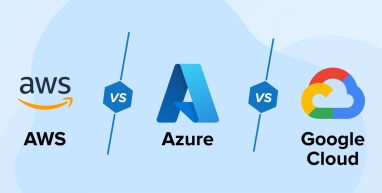
Microsoft, Amazon, and Google are the top three brands that have dominated the public cloud landscape for many years. Some of the reasons behind the popularity of these brands are their flexible, safe, and reliable cloud services. Their respective cloud platforms, Microsoft Azure, Amazon Web Services, and Google Cloud Platform provide clients with a wide range of computing, storage services, and networking options. Some of the best features that these three cloud providers include are self-service, instant provisioning, autoscaling, security, identity management, and compliance. To know more about these cloud platforms and see which one is the best for your usage, let’s go through this blog, learn about all three of them and compare these cloud platforms.
1. Analyze Them One by One
Let’s have a detailed view of each of these cloud platforms.
1.1 Azure Functions by Microsoft
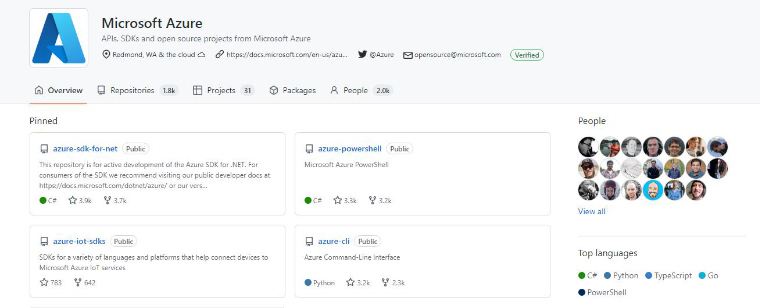
Microsoft Azure cloud platform which is formerly known as Azure was introduced in 2010 to provide organizations with a reliable Cloud Computing platform. In 2014, Azure was rebranded to ‘Microsoft Azure,’ while the term ‘Azure’ is still widely used. Microsoft Azure has made significant progress in comparison to its competitors since its beginnings. There are many functions added to this list.
Azure Function is a serverless solution where minimum coding is required and still offers robust infrastructure. The serverless architecture by Azure was brought into the picture to eliminate the cost of extra infrastructure. Speaking of just Azure functions, when their demand increases, the functions need to be more scalable, and when the load on execution increases, it activates automation. Azure works automatically when the service request falls and then translates off all the additional resources and only the vital ones work in place. There is a cut-throat competition between AWS Lambda vs Azure functions and somewhere Azure leads the game in many aspects.
Using the Azure function, a user can build and upload code for serverless architecture and then describe the triggers or events that will execute the code. Triggers can come from a variety of places, such as another user’s app or other cloud services like global data centers, as well as event and notification hubs. There are many other features of Azure that make it a distinct and preferable cloud technology platform, let’s see some of them in detail.
Supportive of all types of Languages
The durable functions of Azure support various types of OOP and Scripting languages like C#, Javascript, Python, Java, Go, Rust, and many more.
- JavaScript is only supported by the Azure Functions runtime version 2.x or later.
- Python 3.6/3.7/3.8 and later supports Azure Functions.
- Precompiled class libraries and F# scripts are available in F#.
- The Azure Functions runtime version 1.x only supports F# scripts.
- Only version 3.x of the Azure Functions runtime supports PowerShell.
Pros of Azure
- Offers easy integration and migrations with other Microsoft services.
- Supports hybrid cloud strategies very well.
- Comparatively cheaper than AWS and GCP.
- Offers AI, Machine Learning models, and analytics services.
Cons of Azure
- It is geared towards enterprise clients.
- Offers fewer services than AWS.
1.2 Google Cloud Platform/ Functions (GCF)
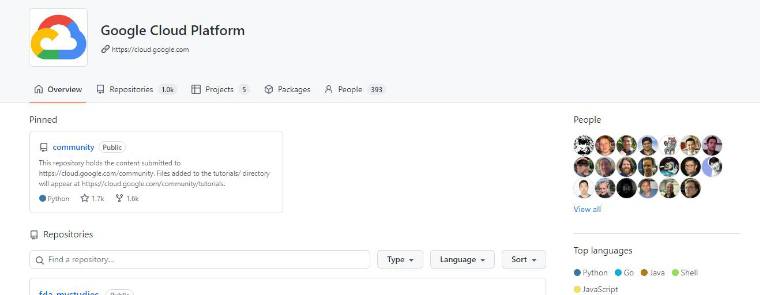
Swiftly moving to Google cloud functions (GCF) abbreviated as Google Cloud Platform is a set of serverless computing services supplied by Google that run on the same infrastructure that Google uses internally for its end-user products such as the Google Workspace, YouTube, and others.
| Language | 1.x | 2.x | 3.x | 4.x |
|---|---|---|---|---|
| JavaScript | Node.js 6 | Node.js 10 & 8 | Node.js 14, 12, & 10 | Node.js 14 Node.js 16 |
| TypeScript2 | N/A | 2.x -> TypeScript 2.x | 3.x -> TypeScript 3.x | 4.x -> TypeScript 4.x |
| Java | N/A | Java 8 | Java 11 & 8 | Java 11 & 8 |
| PowerShell | N/A | N/A | PowerShell 7.0 | PowerShell 7.0, 7.2 |
| C# | .NET Framework 4.8 | .NET Core 2.11 | .NET Core 3.1 .NET 5.0 | .NET 6.0 .NET Framework 4.8 |
| Python | N/A | Python 3.7 & 3.6 | Python 3.9, 3.8, 3.7, & 3.6 | Python 3.9, 3.8, 3.7 |
| F# | .NET Framework 4.8 | .NET Core 2.11 | .NET Core 3.1 | .NET 6.0 |
Google Cloud Platform initiated the journey in 2011 and has managed to establish a strong position in the cloud computing business in less than a decade. Google Cloud was created to bolster Google’s own products, such as the Google Search Engine and YouTube.
Google’s Kubernetes standard has a strong container offering that no other cloud services offer. Google Cloud Platform focuses on high-performance computing services such as big data, analytics, and machine learning. It also provides significant scale and load balancing. Google is well-versed in data centers and quick response times.
Cloud Functions enables you to call your code straight from any web, mobile, or backend application through HTTP, as well as from Google Cloud, Firebase, and Google Assistant. You are only charged for the time it takes for your function to execute, which is measured to the closest some defined milliseconds. When your function isn’t in use, you don’t have to pay anything. Some other useful cloud services like cloud app development, machine learning engines, AI (artificial intelligence) include cloud speech API and vision API provided by the Google platform.
Pros of Google Cloud
- Adjusts well with other Google services and products.
- Offers a global fiber network.
- Has excellent community support for containerized workloads.
Cons of Google Cloud
- Has limited support for enterprise-level projects.
- Services are less compared to both AWS and Azure.
1.3 Amazon Web Services (AWS) Lambda
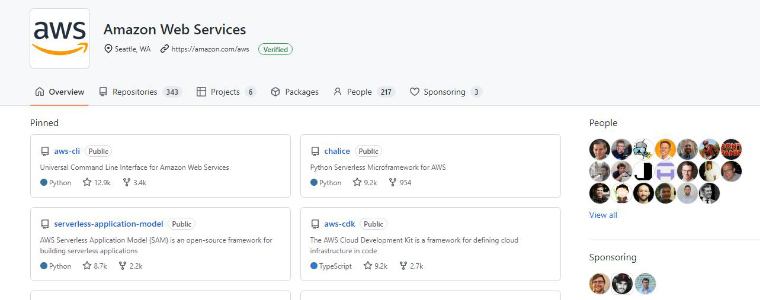
Amazon Web Services is a subsidiary of Amazon.com that offers subscription-based on-demand cloud computing platforms to people, businesses, and governments. Here we are going to focus on the most famous one which is called AWS Lambda. It is the oldest and largest cloud service provider offering services throughout the globe. As one of the first cloud service providers, there are many use cases of AWS with a larger user base that builds higher levels of trust and reliability.
The vast popularity of its operations is probably one of the reasons for its appeal. AWS Cloud offers a vast and expanding set of services, as well as it has the world’s most extensive network of data centers. The virtual machines at Amazon are extremely powerful and trusted sources in the entire cloud market. Still, the pricing structure is one of the major drawbacks of AWS because many businesses are still not sure about the structure. With cloud services, AWS also offers many high-end features including analytics and machine learning, productivity tools, and developer and management tools.
All these cloud service providers offer various cloud computing services that are the basic requirements of any business.
Pros of AWS
- From networking to robotics, all the services are available on AWS.
- It has more compute capacity than Azure and GCP.
- It is the most mature cloud platform.
- Popular for its gold standard in cloud security and reliability.
- All major software programs are available on this cloud platform.
Cons of AWS
- Has limited hybrid cloud facility.
- The user needs to purchase Dev/Enterprise support.
- Overwhelms newcomers with its wide range of services.
2. Analyze the Comparison Between AWS Lambda, Azure, and Google Cloud
Before comparing the Azure, AWS Lambda, and Google Cloud platforms, let’s have a look at their market share as per Statista. AWS ranks first with 34%, while Azure holds 21% and Google Cloud’s market share in 2022 is 10.
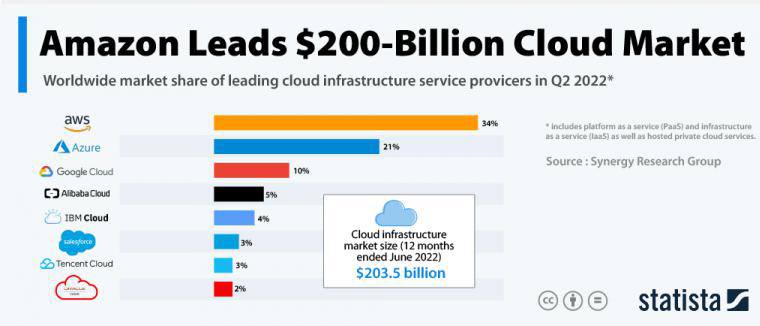
2.1 Computational Workload of Azure vs AWS Vs Google Cloud
One of the primary aspects for businesses to differentiate between these three is cloud computing workload. In a matter of minutes, a cloud service provider should be able to grow a large number of nodes. For bearing computational load, it is vital for businesses to understand what each one offers. Like if there is an elastic compute cloud in AWS Lambda then Azure has containers to cover for that and Google has Compute Engine and Kubernetes. Let’s see more in brief:
Azure
The computational loads can be eliminated when virtual machine scale sets of Azure’s implementation are auto-scaled. Container Services employs Docker Hub and Azure Container registry for management, while Azure Container service is built on Kubernetes.
Here is what Twitter professionals have to say about Workload handling and Virtual Machines in Azure:
Introducing Virtual Machine restore points – a simpler way to protect Azure workloads https://t.co/olovFFTSJu
— Alberto Diaz Martin (@adiazcan) September 12, 2022
Cloud services for scalable web applications are similar to AWS Elastic Beanstalk, and it feature a batch service. It also provides a one-of-a-kind offering called Service Fabric, which is tailored to microservices-based applications.
AWS Lambda
“A web service that delivers secure, resizable compute capacity in the cloud,” according to Amazon. Elastic Cloud (EC2) provides a wide range of services including a large number of instances, bare metal instances, GPU instances, high-performance computing, and auto-scaling, and it is Windows and Linux compatible. AWS also has a free EC2 tier that includes 750 hours each month for up to a year.
The new generation of #EC2 is choice. 👌 💻☁️ With the launch of 6th generation Amazon EC2 instances, gain the power of 3rd gen @Intel Xeon Scalable processors. ⚡️ C6i instances refresh compute optimized EC2 instances with a 2:1 memory to vCPU ratio! https://t.co/PDt0MzaGiL #AWS pic.twitter.com/bjcXmRwp8S
— Amazon Web Services (@awscloud) October 28, 2021
When it comes to container-related services, Amazon’s different container services are gaining traction, and it now offers choices that support Docker, Kubernetes, and its own Fargate service for server and cluster automation.
Google Cloud
In comparison to its competitors, Google’s computing services catalog is somewhat smaller. Compute Engine, the company’s principal service offers bespoke and predefined machines, that work on per-second charging with Linux and Windows support. There are other automated discounts and carbon-neutral infrastructure that utilize half the energy of traditional data centers.
“Thanks to Google Compute Engine and Cloud Load Balancing, we are able to go from zero to millions of users within seconds, as the Load Balancing doesn’t require pre-warming.” —Keren Abraham, VP Platform Strategy, Screenz https://t.co/NgfmD7ak0D pic.twitter.com/JXaMN4TKan
— Google Cloud (@googlecloud) May 27, 2019
These features of Google Cloud would make it easier for users to make a decision of which one to choose from the available options. Google has been the youngest player in cloud services because in such a small span they have built a reliable and stronger customer base.
2.2 Cloud Storage Capacity and Feature Comparison of AWS Vs Azure Vs Google Cloud
When it comes to the public cloud platform, another important thing to consider is the storage space. When it comes to the cloud, the storage space never goes off but there are some other features too offered by these three giants that make data processing and management so easy. Let’s see one by one what each of these has to offer apart from regular computing service.
AWS
Relational Database Service (RDS), DynamoDB, NoSQL database, ElastiCache in-memory data store, Redshift data warehouse, Neptune graph database, and Database Migration Service are all SQL-compatible databases offered by Amazon. Glacier is a service provided by Amazon that is aimed at long-term archival cloud storage services at very cheap costs.
This is one glacier that moves fast! ☁️💻🧊With Amazon S3 Glacier Instant Retrieval, not only can archival data get the same milliseconds access and throughput as S3 Standard, it does it with the lowest storage cost with milliseconds retrieval. https://t.co/eaj2uCVxfs pic.twitter.com/iXNcFqMji8
— Amazon Web Services (@awscloud) December 9, 2021
Its Storage Gateway may also be used to set backup and archive procedures with ease. The Storage Gateway, which provides a hybrid storage environment, and Snowball, a physical hardware device that enterprises may use to transmit petabytes of data in scenarios, are two of its more innovative storage offerings.
Azure
The database choices in Azure are not limited. There are three SQL-based choices such as SQL Database, MySQL Database, and PostgreSQL Database. It also includes a Data Warehouse, Cosmos DB, and Table Storage for NoSQL.
Learn how @SitePro brings #digitaltransformation to #oilandgas companies of any scale with Azure Cosmos DB database https://t.co/r2AJPYs8h6#Azure #CosmosDB
— Azure Cosmos DB (@AzureCosmosDB) April 22, 2019
The Server Stretch Database is its hybrid storage solution, created exclusively for enterprises that use Microsoft SQL Server in their own data centers. Redis Cache is its in-memory service. In contrast to AWS, Microsoft provides a backup service, as well as Site Recovery and Archive Storage.
Google Cloud
Its unified object storage service, Google Cloud Storage also has a Persistent Disk option.
When it comes to databases, GCP offers the SQL-based Cloud SQL and Cloud Spanner, a relational database built for critical workloads.
Cloud Spanner: the first horizontally scalable, globally consistent, relational database service https://t.co/QpXuTk9q6s
— Google Cloud Tech (@GoogleCloudTech) February 14, 2017
C✔️️
A✔️️
P✔️️ pic.twitter.com/UvziIKz1Y3
Cloud Bigtable and Cloud Datastore are two NoSQL choices. It sometimes lacks backup and archiving capabilities. Google backup services are also fairly basic; it only stores the frequently accessed data which is also known as Nearline backup.
2.3 Best Networking Service Offering between- AWS Vs Azure Vs Google Cloud
In this section networking services are compared, we will just go through each aspect that makes it easier for businesses to differentiate. If you’re here to delve deeper into networking services offered by AWS, Azure and Google then here it is.
AWS
For virtual private networks, amazon uses Amazon VPC- Virtual private cloud. When it comes to Domain name servers (DNS), then AWS uses Amazon Route 53.
But when it comes to elastic load balancers, each one has its own, like AWS has its own while Azure and Google Cloud have their own too. AWS also has a number of data centers and edge locations to ensure reliable network performance.
Azure
For Private networks, Azure has an Azure virtual network. When it comes to Azure networking services, Azure DNS uses DNA of its own. Though it has its own Load-balancing elements that balance its load easily.
Google Cloud
In the same field of private virtual networks, Google uses VPC– Virtual private cloud. For DNS settings, google has its settings like it uses Google Cloud DNS. Google has its own in-house load balancers that help in cloud balancing.
2.4 Market Growth and Popularity of AWS Vs Azure Vs Google Cloud
#AWS accounted for 33% of the cloud infrastructure market spend in Q4 2021. Followed by #Azure with a 22% market share. In third place is #GoogleCloud with 9% of the market.
— Canalys (@Canalys) February 4, 2022
Read more: https://t.co/0hV622VjGu pic.twitter.com/9RImxnR2Rg
Now it’s time to compare the three cloud providers in terms of market share and popularity. Since the dawn of cloud computing, Amazon Web Services has dominated the global cloud business. AWS has a stronghold on the global market, with roughly 32% of the cloud market share.
Microsoft Azure Cloud has a 21 percent share of the global cloud market, and lastly, Google Cloud has 8 percent of the cloud market share. Each of the three cloud platforms, AWS, Azure, and GCP, is distinct in its own way. There are many use cases of Azure, Google Cloud and AWS to state this true. It provides a wide range of possibilities for businesses to choose based on their own needs.
All three titans are dominating these markets and their growth rate has been accelerating like never before.
AWS has a larger community support and user base because it is the oldest player in the cloud business and holds the maximum market share.
2.5 The Undefined Cloud Pricing Structure: AWS Vs Azure Vs Google Cloud
Understanding prices among these three cloud leaders is difficult and cost varies depending on the precise agreement that a customer negotiates with their service representative.
The following are some examples of typical pricing engagements with each of the three cloud providers:
Pricing for AWS
The pricing on Amazon is particularly perplexing. While it does have a cost calculator, the numerous variables make precise calculations impossible.
AWS Pricing Calculator enables you to estimate your costs & explore the math behind your estimate! #AWSLaunches https://t.co/fMMGUJ88ZX pic.twitter.com/s3fxvTK5Mt
— Amazon Web Services (@awscloud) October 24, 2018
Pricing for Azure Cloud
Things aren’t made any easier by Microsoft Azure. Azure Cloud pricing structure can be difficult to understand without outside help and extensive experience due to its complicated software licensing options and use of situation-based discounts. Also, it has different pricing options for the type of support and services that you require from Microsoft Cloud services. They also have a cost calculator to estimate the price.
Configure and estimate the costs for #Azure products with our pricing calculator. Try it now: https://t.co/ZEW9AP7Cew
— Microsoft Azure (@Azure) August 20, 2018
Pricing for Google Cloud Platform
Google pricing structure has its own point of differentiation pricing.
It aims to provide “customer-friendly” prices that are lower than the other providers’ list prices. In Fact they’ve their own cost calculator as well.
Hey there, thanks for bringing this to our attention. We’ll make sure to flag it internally. In the meantime, you can use the Google Cloud Pricing Calculator: https://t.co/CkQwszLEMJ. -LC
— Google Cloud (@googlecloud) August 17, 2022
2.6 Analyzing the Key Cloud Tools of AWS vs Azure vs Google Cloud
Following are the analyzing the key cloud tools:
AWS Key Tools
AWS offers DeepLens, an AI-based camera for creating Machine Learning algorithms that can be used for image or object recognition and optical character recognition.
Azure Key Tools
Azure has heavily invested in AI and Machine Learning which makes it offer the best bot services. Besides, it offers cognitive services like Bing Web Search API, Face API, Text Analytics API, Custom Vision Service, and Computer Vision API.
Google Cloud Key Tools
Google Cloud has offerings in APIs for speech, natural language, translation, and more. It also offers serverless and IoT services. In addition to this, Google has also become a master in AI development and it’s all because of TensorFlow, an open-source software library.
2.7 Who Uses Them?
Below, you will find various businesses, each using a different cloud service provider.
Companies Using AWS
Being one of the oldest players in the cloud market, AWS has bigger community support. It has clients like Airbnb, Netflix, Zynga, Unilever, Samsung, BMW, and MI.
Companies Using Azure
Azure has some of the best high-profile customers like Polycom, Honeywell, Johnson Controls, Apple, HP, and Fujifilm. with time. Its 80 percent of clients are Fortune 500 companies.
Companies Using Google
Google has many high-end companies as its clients. Some of them are HSBC, 20th Century Fox, PayPal, Dominos, Bloomberg, and more.
3. Conclusion
Throughout this cloud battle blog, we have seen three major cloud providers making an impact on their customers through their business offerings. Well, in all the aspects that we have compared, it is still challenging to decide which cloud offering is the best. In some use cases, AWS wins the game so in others, the Google Cloud platform is more reliable. Although, Azure is leading the game in many other significant factors. But overall if we look at the ever-changing technology sector, compiling a comparison guide is a difficult task. As can be seen, AWS is clearly ahead since it has been in the market for a long time compared to the other two. Although Azure and Google Cloud Platform are rapidly gaining ground in the global cloud market, reinforcing their popularity. We hope that with the help of this blog on Azure vs Aws vs Google cloud platform, there is now some clarification and a much better understanding of the three cloud providers in general.


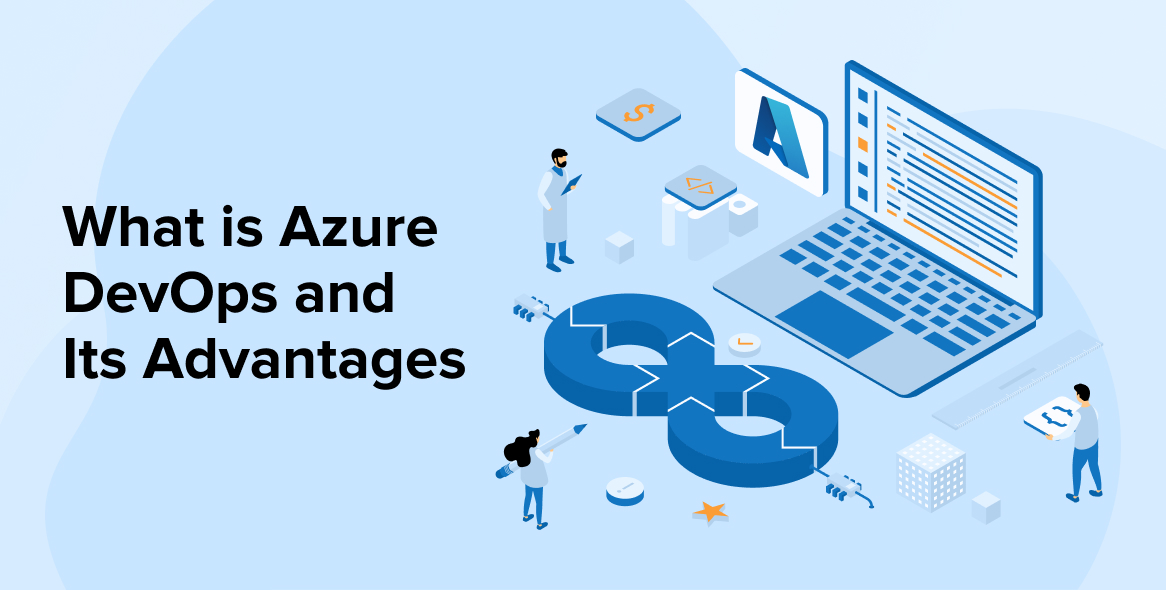
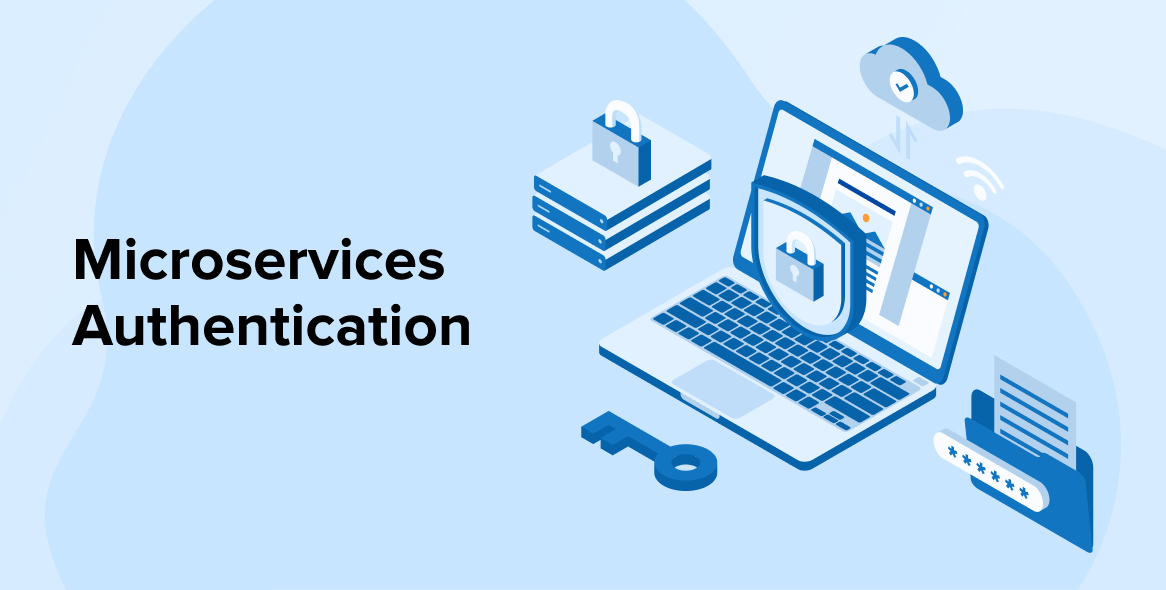
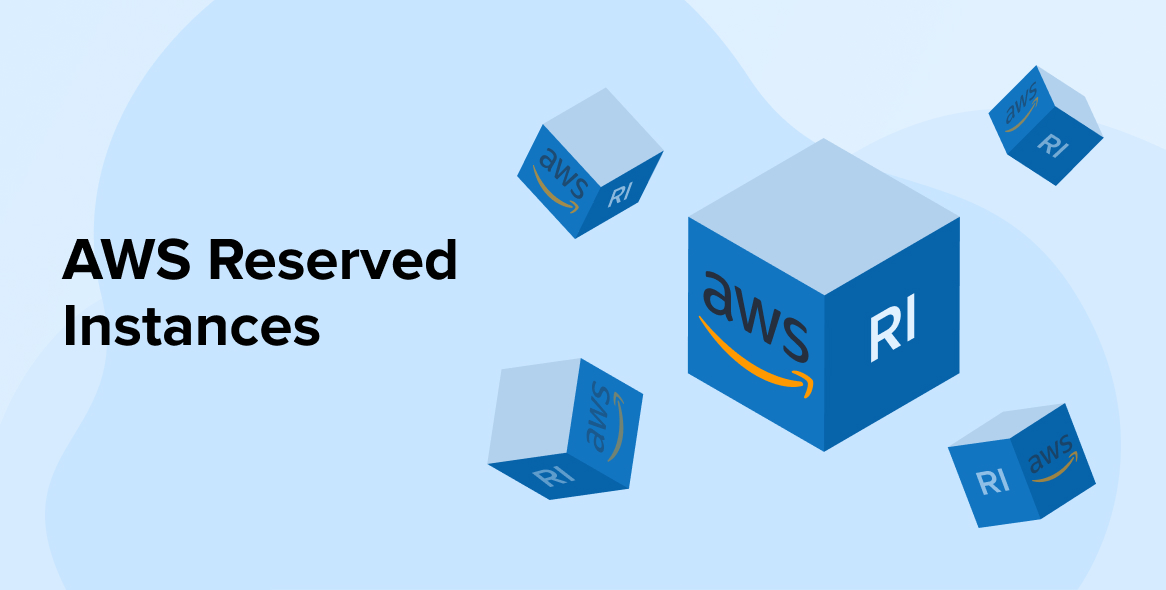

There is always an intense amount of competition among the three cloud providers AWS Lambda, Azure Functions, and Google Cloud but if were to compare them on the basis of market segment acquired or rate of organic growth (Q1 of 2021 vs Q4 of 2020) then, Azure was able to grow near about 50 percent of its revenue, whereas AWS and Google were at 32 percent and 46 percent respectively. Marking Azure as a leader in terms of growth rate
If any business is thinking about moving towards serverless solutions then they must check whether the cloud supports their target region or not. If we were to compare the number of regions that are supported by the three cloud technologies then AWS has near about 24+ Geographic regions and 11+ edge caches that are regional in comparison to this, Azure has 115+ Edge locations and 59+ regions, Google cloud has 145+ edge locations and 26+ cloud regions available.
People think that Google started its cloud computing services for its clients straight away but that was not the case, Google introduced it to strengthen its own services and products such as Search engine and Youtube. Sooner it introduced enterprise services which made it accessible to other organisations as well.
All the three companies are trying their level best to surpass each other but AWS seems to be the market leader for aforementioned reasons like Flexible data collection process, providing Infrastructure as a Service (IaaS) which includes Database, computing, networking and storage. In addition to this companies also have various options to choose from.
Some of the companies that are making use of Amazon web Services are Netflix, Airbnb, Samsung, Coca Cola and many more. AWS also has a large community base so if you get stuck anywhere you will get help soon. Nevertheless, if you tend to choose between aws vs azure vs google cloud then you must check these kinds of post.
With the introduction of Cloud computing platforms a lot of companies are able to reduce their Capital Expenditure as the companies do not need to purchase expensive equipment and devices nor do they need to waste their time and effort in making decisions about which equipment to buy as they only need to pay for the amount of resources that they utilize.
Earlier when the cloud computing was new to the market, people were not willing to put their trust on these platforms due to privacy and the danger of data loss. After the introduction of these three Cloud computing platforms most of the issues were resolved.